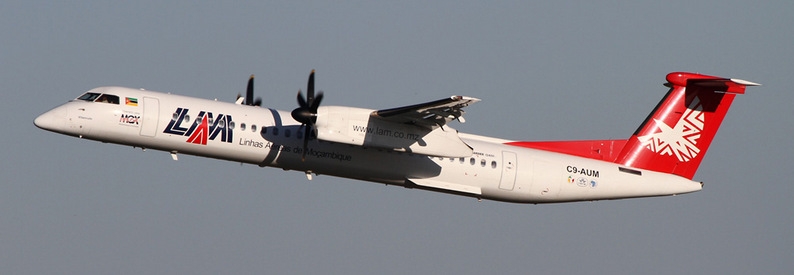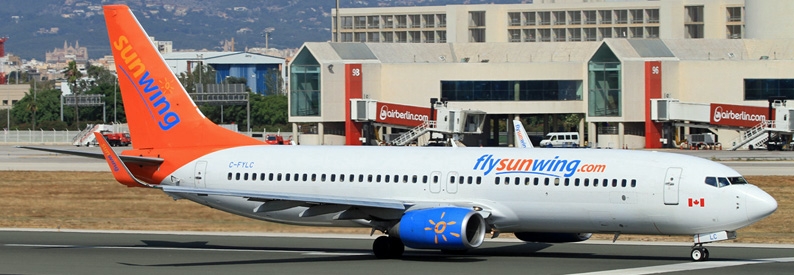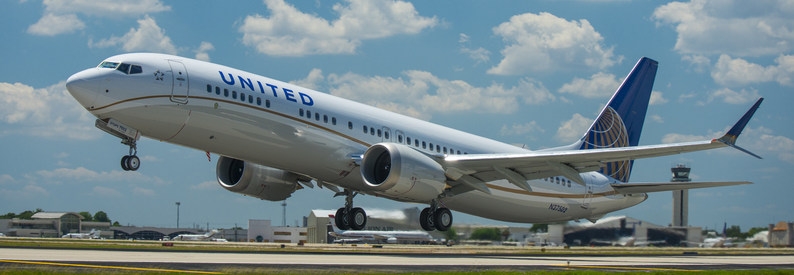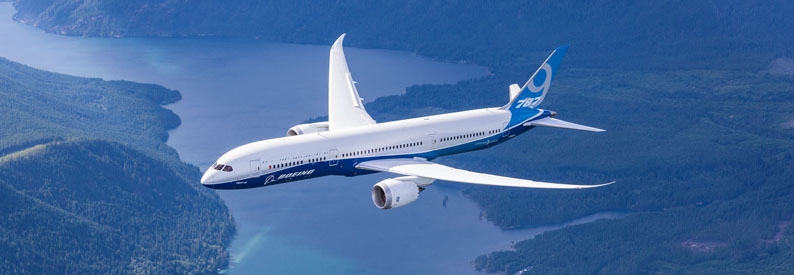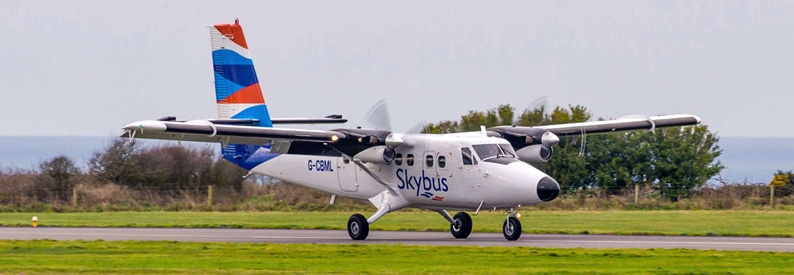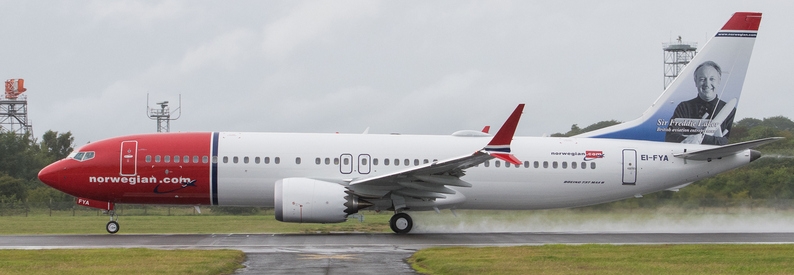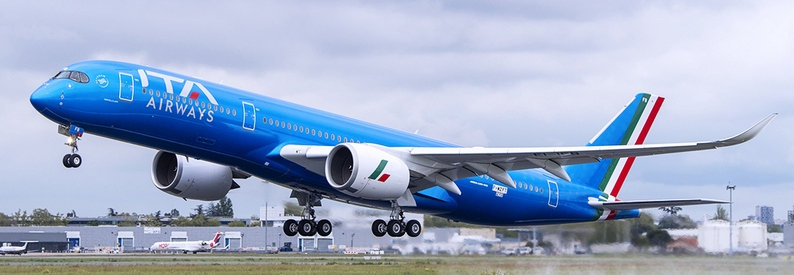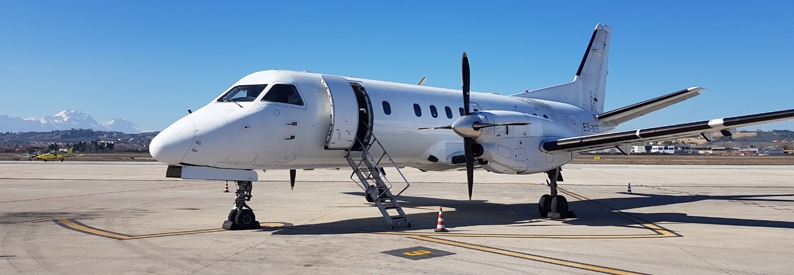Tavaero Jet Charter (Houston Hobby) will continue to renew its fleet throughout 2025, co-owner Marcela White told ch-aviation in an exclusive interview. After adding a two-year-old Citation Jet 3+ in 2024, the company has now inducted a 2010-built Hawker 750 and plans to replace a 31.5-year-old BAe-125-800A with a 2005-built Hawker 800XPi.
"We’ve really noticed it in the last couple of years, age has become a buzzword," White said. "People are concerned, so we decided not to take anything older."
Tavaero's Part 135 fleet currently comprises 11 aircraft averaging 26.7 years of age. Alongside the Hawker 750 and the Citation Jet 3+, it operates a Learjet 60, two Challenger 604s, a Citation Ultra, a Citation III, a Falcon 900, a BAe-125-800(SP), a BAe-125-800A, and a BAe-125-800B.
Parts shortages accelerate renewal
The fleet upgrade is partly driven by worsening supply chain disruptions over the past 18 months, particularly affecting Challenger and Hawker aircraft. However, White noted that the widespread availability of these models helps mitigate some challenges. "While parts may not be as plentiful, they remain relatively accessible."
Supply chain issues are also impacting engines. "We had a problem where a Citation III engine wasn’t fixed for months, and the insurance company couldn’t provide an engine on loan, grounding the aircraft for over three months," she said, adding that Learjet 60s and Falcon 2000s are also facing engine delays.
White attributes the root cause to post-COVID ripple effects. "A lot of aircraft were sold after the pandemic, manufacturers were shut down, and there were labour shortages. They’re not back to the levels needed to support all these aircraft."
Complexity and benefits of a mixed fleet
Managing a diverse fleet presents challenges, White acknowledged. "It's much harder than having 13 of one aircraft," she said. "Adding a Hawker or Challenger isn’t a big shift, but when we added the Falcon 900, it required new maintenance processes, manuals, and subscriptions." Tavaero performs light maintenance internally but relies on third-party providers for more complex tasks and major inspections.
Despite this, a varied fleet also delivers flexibility. "If a customer has six passengers, we can offer a light or midsize jet," White explained. "If all we had were light jets and the client wanted a heavy jet, outsourcing could risk losing them, as they might prefer the other provider’s aircraft or crew."
A centralised model rooted in Houston
Founded in 1995, Tavaero was acquired by White and her husband in 1999. "At our peak, we've had up to 15 aircraft based across the country, but ultimately decided that Houston Hobby was a really good base," she said. Centrality for both East and West Coast flights is a great advantage, as the company focuses strictly on executive roundtrips and does not offer one-way, air ambulance, or cargo services.
Tavaero's business model combines owned and managed aircraft. "We have our own aircraft, we manage some exclusively under Part 91, and we also offer management services for owners who want to offset expenses through Part 135," White explained. Most clients are corporate, and while Tavaero rarely turns away aircraft owners, owner-pilots who insist on flying solo, especially in smaller jets, raise concerns. "The cheapest part of the entire flight is an extra set of eyes in the right seat," she said.
The company also helps owners with aircraft transactions, supporting them through the process of buying, selling, and upgrading. Safety, White added, is a top priority for Tavaero. "Never decide based on price alone. Ask about any incidents in the past 10 years and how they were addressed." She noted that the company has had a safety management system (SMS) in place for 16 years, well ahead of the FAA's 2026 mandate. "Safety culture takes time," she concluded.
Charter demand steady despite uncertainty
White shared that while charter demand has softened since the highs of 2021 and 2022, Tavaero is still operating above pre-COVID levels. The 2024 United States presidential election had an impact, with many clients adopting a cautious approach amid political uncertainty. "Everyone was worried about the election - what’s going to happen if Trump gets in?"
Despite expectations of a boost in activity from oil and gas companies - especially in Republican-leaning Texas - she noted that this uptick has not materialised as anticipated. "In prior elections, we could see a significant impact in that business. People were confident in the market. I don’t see that right now, and that surprises us." Looking ahead, she expects 2025 to mirror 2024 levels. "We’re not setting any records, but we’re steady and happy with that."
White explained that Tavaero’s charter clientele is largely corporate, accounting for about 60% to 70% of flights, and flying to major business centres like California, Chicago, and New York. Leisure travellers make up the remaining one-third, favouring destinations like Mexico, the Caribbean, and ski resorts such as Aspen, Jackson Hole, WY, and Vail/Eagle. "In the summer, it's the islands. In the winter, it's ski destinations," she noted.
While Tavaero currently operates the Challenger 604s for longer flights, including occasional trips to Argentina or Colombia, White acknowledged that an ultra-long-range jet would be a welcome addition. However, most clients prefer a fuel stop over paying more for nonstop ultra-long-range flights. "If I say you’re going to pay USD7,000 an hour for a Challenger 604 with one stop or USD12,000 for a nonstop, most go with the USD7,000," she said.
Tariffs start to pose challenges
White noted that while tariffs have not impacted aircraft acquisitions, Tavaero is experiencing an indirect effect on operations. "We’re seeing a sort of retaliation from neighbouring countries," she said, citing a new Mexican regulation limiting crew members to two electronic devices, with additional devices taxed at 19%. "What does that mean for the crew? You're not on vacation, you're working. You need to take the company devices with you," she said.
While the immediate impact is operational, White anticipates further effects as regulations evolve. "I'm sure it’s going to change in maintenance, especially where parts come from and how shipping is handled," she said.
